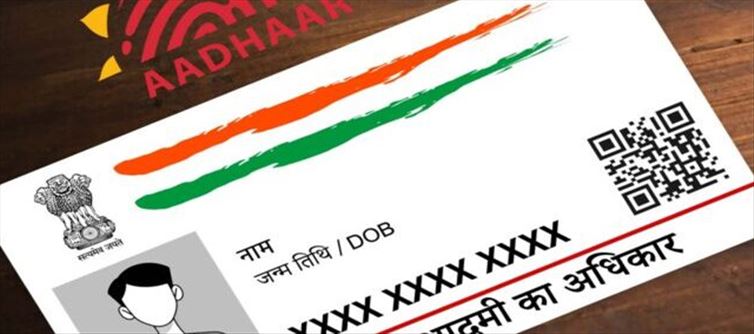
These statements were made to a division bench consisting of Chief Justice TS Sivagnanam and Justice Hiranmay Bhattacharya. The bench was hearing a case regarding the matter. The uidai clarified that Aadhaar is simply a form of identification and does not confer any rights of citizenship. The main purpose of Aadhaar is to provide a unique identification number to residents for accessing various services and benefits.The Aadhaar card includes a 12-digit unique number, which is linked to the individual's biometric and demographic data. This helps in verifying the identity of the person and ensures that services reach the right people. However, the uidai emphasized that having an Aadhaar card does not mean the person is a citizen of India. It is just an identification tool that helps streamline processes and improve efficiency in service delivery. This clarification from uidai aims to address any confusion about the purpose of Aadhaar cards and to ensure that the focus remains on their role in identification rather than citizenship. This is especially important in a country with a large population and diverse demographics, where accurate identification can greatly aid in governance and service provision.The unique identification authority of india (UIDAI) has informed the calcutta High court that issuing Aadhaar cards is not related to citizenship. This means that even non-residents who are legally in the country can receive Aadhaar cards if they apply for them.




 click and follow Indiaherald WhatsApp channel
click and follow Indiaherald WhatsApp channel